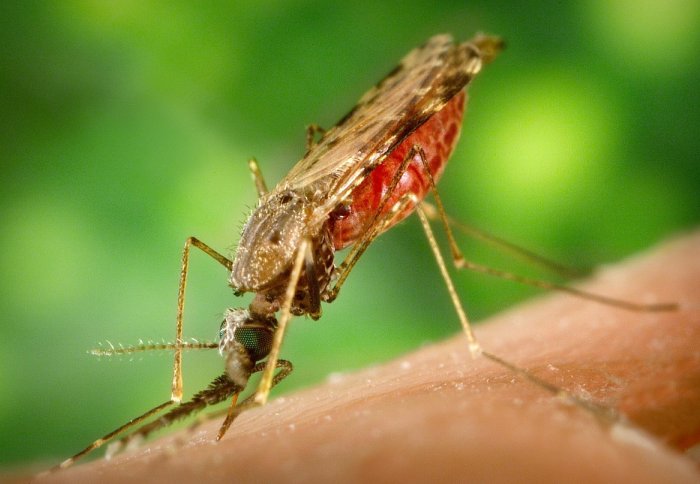Launch of the Imperial Network of Excellence in Malaria
by Jo Seed

Imperial launch interdisciplinary network of researchers united in the common aim of malaria eradication.
The official launch event of the Network of Excellence in malaria took place on Monday 2nd October at Imperial College London.
Over 100 researchers at Imperial, from every faculty, work on different aspects of malaria eradication. To bring this diverse group together, the Imperial College Network of Excellence in Malaria has been set up with the aim of combining scientific insights, technological innovations and evaluations of impact.
The network has a unique capacity to combine insight, innovation and impact to achieve this aim: new scientific insights from studying malaria at every scale from molecules to populations; new technological innovations to develop the diagnostic tools and treatments we need to achieve our goal; and expertise in translation science, modelling and assessment to evaluate potential and actual impact. The network brings together scientists working across the Imperial College Faculties of Natural Sciences, Engineering, Medicine and the Business School, together with a global network of research, industry and field partners including many in disease-endemic countries.
Official Launch event
The official launch of the Network took place on Monday 2nd October at Imperial College London and was attended by a number of VIP guests including policymakers, funders, stakeholders, industrial partners and members of the voluntary sector.
Talks were heard from a wide array of researchers including Dr Vasee Moorthy who gave the perspective from the World Health Organisation. Watch his talk below:
Dr Sam O’Loughlin, Research Associate from Imperial’s Faculty of Natural Sciences also discussed ‘Population genomics and vector control’. Watch her talk below:
Dr Matt Fuchter, Reader in Chemistry from Imperial’s Faculty of Natural Sciences looked ‘Towards the development of epigenetic therapeutics for malaria’ in his talk below:
Jake Baum, Professor of Cell Biology and Infectious Diseases within the Faculty of Natural Sciences addressed ‘High throughput screens to find an altruistic antimalarial’ in his talk below:
Ed Tate, Professor of Chemical Biology within the Faculty of Natural Sciences talked us through ‘Chemical biology and antimalarial drug discovery’ during his talk below:
Dr Alekos Simoni, Research Associate in the Faculty of Natural Sciences went on to discuss ‘Implementing Mosquito Control Programmes Using Gene Drives’ during his talk below:
All of the talks can be watched via Panopto here (available to internal Imperial staff and students only).
Article text (excluding photos or graphics) © Imperial College London.
Photos and graphics subject to third party copyright used with permission or © Imperial College London.
Reporter
Jo Seed
Institute of Global Health Innovation
